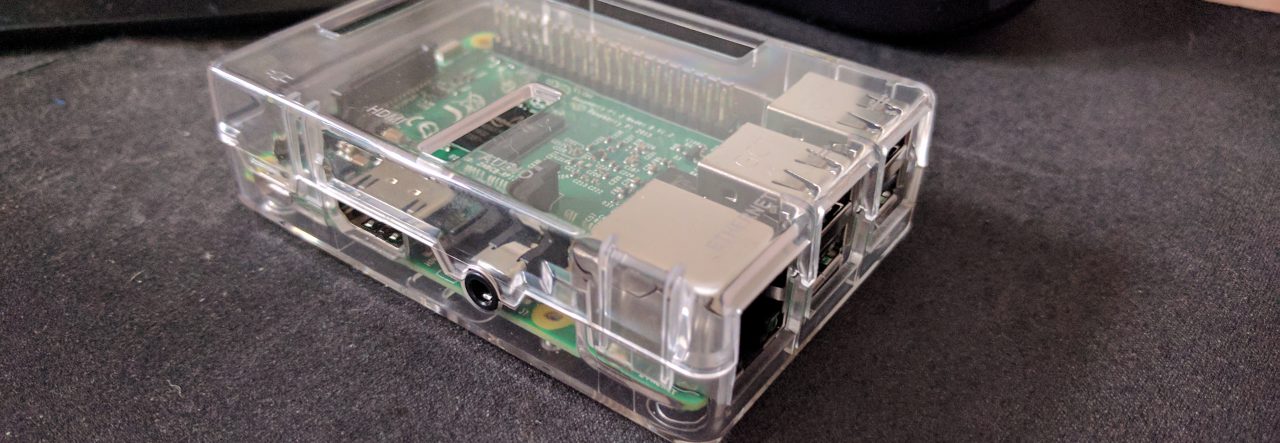Greetings all!
It is hard to believe how much time has passed since I last posted on the blog. A string of illnesses in our family had us all gasping for air (and antibiotics) for a quite a while. Fortunately, we are all back on our feet and up and at’em once more!
During that brief hiatus, two not-so-little bills made their way through the US Senate and the US House of Representatives. You may have heard about them. One was called SOPA (Stop Online Piracy Act) while the other was called PIPA (Protect Intellectual Property Act). Both laws were, on the surface, designed to help law enforcement officials combat piracy of digital products overseas. The problem with these laws was that they were so broad, they could (and would) have been used (more like “abused”) to disrupt sites acting legally within the United States.
There is a lot that can be said about these two laws, but I found the best introduction to the issue was given by the talented folks over at the Khan Academy. I am including that roughly 11 minute video in this post for your viewing pleasure.
The only point I want to make here and now is that as you watch the video, keep in mind that the SOPA/PIPA issue is anything but over. Lawmakers were surprised at the amount of backlash that was generated from those laws and now they will regroup before trying to put such legislation through the system a second time. Since this topic *will* come up again, it behooves you, a consumer of digital and online products, to understand at least in general what the big flap was all about.
Yes, laws to combat the theft of intellectual property are needed, but we must as consumers make certain that the laws that are crafted make sense, and do not go beyond the mark of what they are supposed to do.
Give the video a look, and draw your own conclusions.
